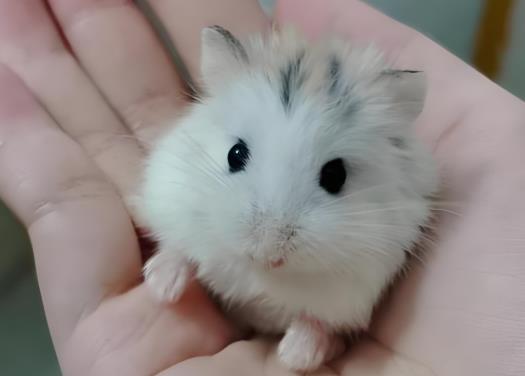Here’s a detailed analysis of hamsters’ life expectancy, integrating data from scientific research and breeding practices:

I. Lifespan Differences Among Breeds
Roborovski Hamsters
Average lifespan: 3–3.5 years, with some individuals living up to 4 years.
The smallest in size (4–5 cm); frequent disturbances should be avoided to reduce stress.
Golden Hamsters (Syrian Hamsters)
Lifespan: 2.5–4 years.
The largest in size (15–20 cm) and well-suited for novice owners.
Dwarf Hamsters (Campbell’s/Russian Dwarfs)
Average lifespan: 2–2.5 years.
Includes color variations like "pudding" and "milk tea" hamsters.
II. Key Factors Influencing Lifespan
Housing Environment
Cages should be at least 47 cm (for Roborovskis) or 60 cm (for Syrian hamsters) in size, with temperatures maintained at 20–28°C.
Poor hygiene can shorten lifespan by 30%–50%.
Diet Management
High-sugar treats easily lead to obesity; professional hamster food is recommended as the main diet.
Protein supplements such as dried mealworms can be added.
Health Monitoring
Each litter a female hamster produces may shorten her lifespan by approximately 3 months.
Elderly hamsters require exercise wheels with a diameter of at least 17 cm to protect their spines.
III. Recommendations for Extending Lifespan
Exercise Intervention: Regular wheel-running can delay muscle atrophy and heart failure.
Genetic Screening: Choose individuals whose parents have no history of genetic diseases.
Stress Control: Avoid cohabitation (especially for Syrian hamsters).
With scientific care, some hamsters can exceed the average lifespan of their breed.
